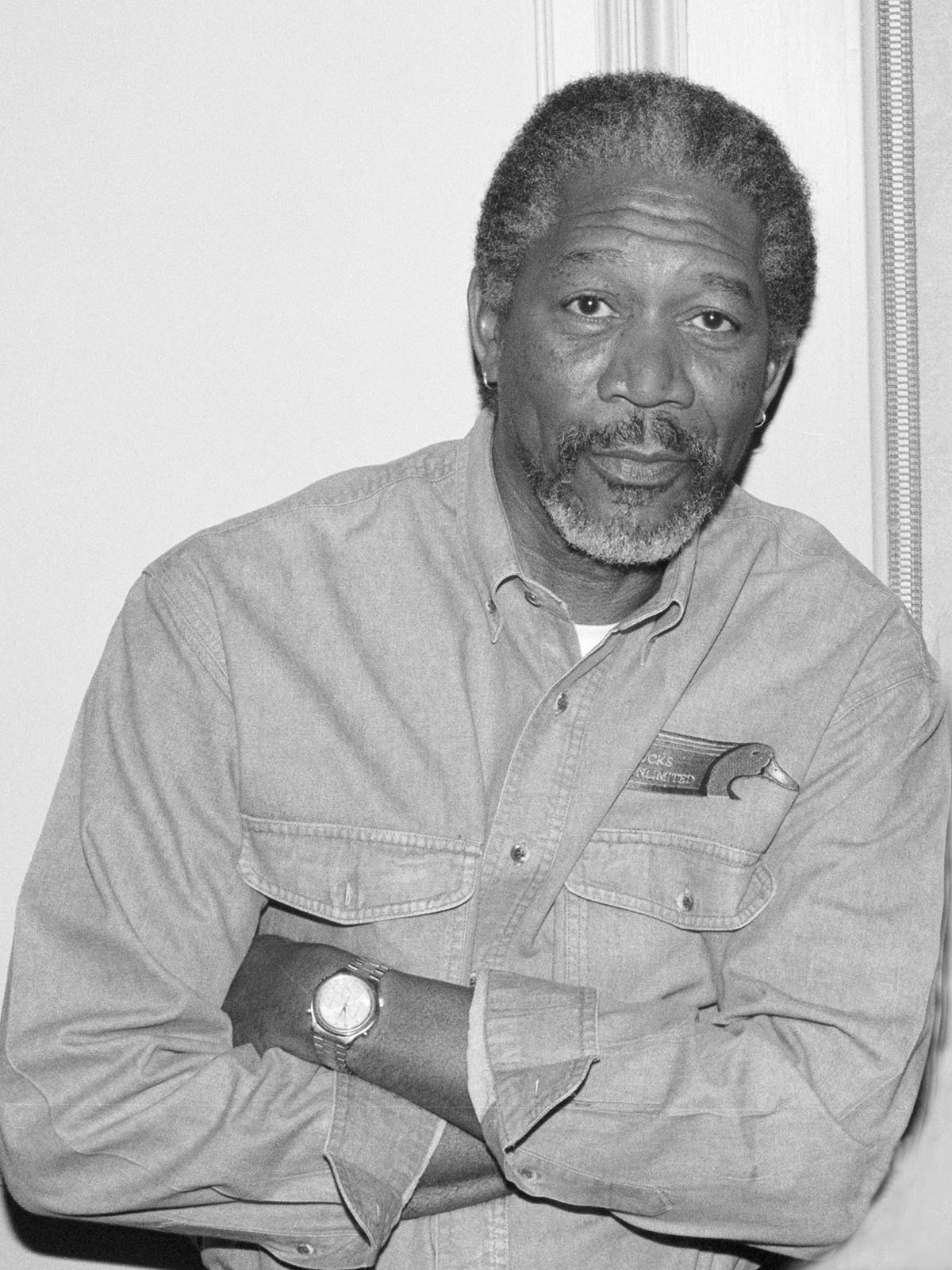
- Golden Globe Awards
Out of the Archives, 1997: Morgan Freeman on “Amistad”
Cecil B. deMille recipient Morgan Freeman, interviewed by the journalists of the Hollywood Foreign Press in 1997 about Amistad directed by Steven Spielberg, spoke about the history of slavery in America.
“I feel that this story has great importance to us as Americans, on its own merits. It’s a moment in history that has largely been buried in time and is very enlightening to us on a lot of levels. So, I have a great amount of self-satisfaction in being part of this project, and probably more so as a Black American.”
“As for the political correctness around the term African Americans, a real African American can tell you where he’s from, in that they may live in San Francisco, in New York, in L.A., but they are from Cameroon, from Ghana, from Nigeria, from Sierra Leone or from the Ivory Coast.”
“I don’t think this movie is about the history of slavery, it merely deals with one issue in the era of slavery as a prism, but it does shed light on a very important moment in American history concerning the issue of slavery. It was quite a daring thing that happened, quite challenging for the courts if they were going to consider anything other than the law.”
“Black people have been in this country about as long as anybody else, longer than most, there were Blacks in pretty much all walks of life, we weren’t all brought here in chains, we weren’t all slaves. Slavery being a legal institution at the time, anyone who could afford a slave could buy a slave, women owned them, men owned them, Whites owned them, Blacks owned them. Slavery as an institution was not invented in America, it was imported. It was the biggest evil in this country and that’s probably why we had a hard time supporting it. England couldn’t support it either.”
“If you do not shake the shackles of slavery, you have a problem. If I go through life continually shackling my mind with the idea of my ancestors’ enslavement, I am also going to be attempting to shackle your mind with guilt over that, so that is going to put you and I at odds on a lot of different levels that we don’t need to be at odds about. It also means that I am not accepting my own responsibility for my life. I could explain the fact that I got kicked out of high school or any failure in my life in the exact same way.”
“What we have trouble with is accepting the American-ness of being American, as opposed to being a conglomeration of diverse groups. What a story like this does is help that glue that needs to be there so that we don’t continue to see ourselves at loggerheads with each other, but we see more of a group history, that this country wasn’t made by one group of people, even though the history was written by one group. So, the more we learn about our real history, the more able we are going to be able to accept our destiny, to see what that is in broad terms, or so I hope.”

